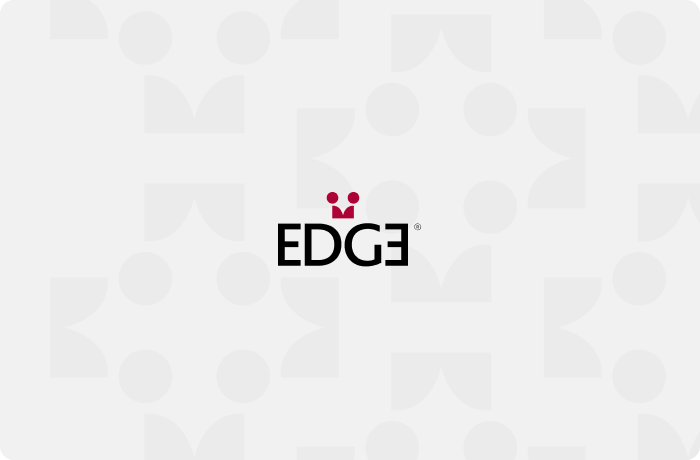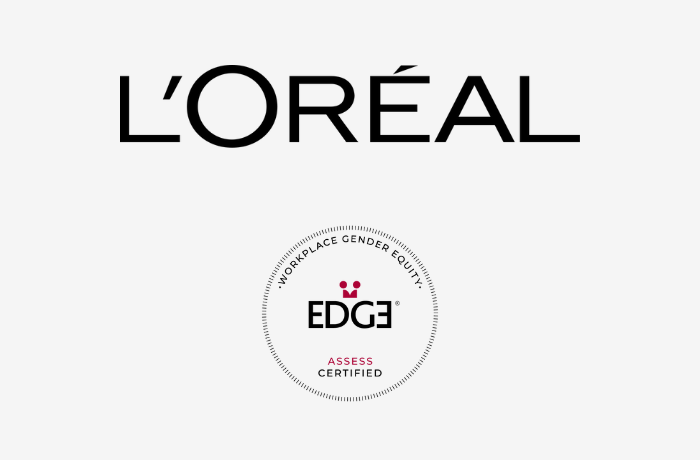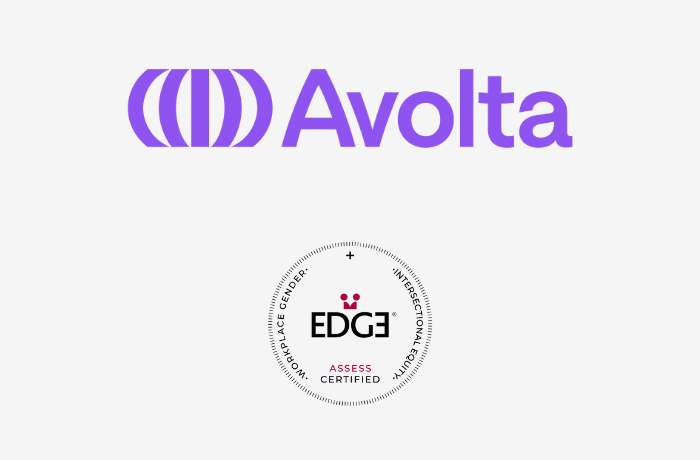The financial services industry still has a long way to go to reach gender parity, and OMFIF’s Gender Balance Index 2022 revealed a consensus that the industry is heading in the right direction, but needs to move faster.
- 15% of Central Banks have no women in senior management or Board positions
- 11% of Central Banks are run by women
- 27% of Central Bank deputy governors are women
- Proportion of women on executive committees with P&L/revenue-generating roles is newly tracked this year
- Within Central Banks, 66% of women on Executive Committees have P&L responsibility compared to 84% of men
- The numbers are even lower for Sovereign funds and pension funds
The Official Monetary and Financial Institutions Forum’s (OMFIF) ninth edition of the Gender Balance Index (GBI), the think tank and EDGE brought together a panel of prominent guests from across the financial services industry to discuss the current gender balance, and the presence of men and women in senior positions at Central Banks, Commercial Banks, Sovereign Funds and Public Pension Funds.
EDGE Certified Foundation Founder, Aniela Unguresan, took part in the virtual event on 28 April 2022 alongside representatives from a number of institutions which participated in the GBI IMF, World Bank, and IFC, Banco de Mexico, and the European Central Bank. Representatives were able to share their views on how measurement, transparency and accountability, through an independent certification, is supporting their commitments to reaching gender parity.
In overview, the GBI report evaluates institutions based on gender balance among senior staff in the most decision-making bodies within the institution, assigning men and women in these positions a weighted score based on their level of seniority (the highest possible score is 100, which represents gender balance). GBI tracks 6,000 people across 335 institutions, including 185 Central Banks, 50 Sovereign Funds, 50 Pension Funds, and 50 Commercial Banks.
According to the index, there has been an increase in the number of women at the top level of financial institutions over the last five years, with pension funds being the highest scoring institution category and sovereign funds being the lowest. The numbers from 2022’s report suggest a steady but slow growth, with only 13% receiving a score of 70 or higher; 20% with a score of less than 10; and 10% (or 34 institutions) with a score of 0 as they have no women at all on their executive teams or boards!
Only 14 percent of financial institutions are led by women – this includes 21 Central Banks, 13 Public Pension Funds, 5 Sovereign Funds, and 7 Commercial Banks, with Commercial Banks being the most improved category since the previous year. Aside from that, women make up 23% of Deputy Governor and C-level positions, and 29% of the Executive Committee and Board.
Aniela Unguresan Founder of the EDGE Certified Foundation believes that while the numbers are not the best we could have hoped for, a shift has begun which now needs acceleration towards further progress: “We are heading in the right direction, but we are not moving fast enough,” she said.
“Moreover, this movement in the right direction might give us the false sense that things will naturally evolve in and of themselves and in some decades from now we will have substantially improved scores. We simply cannot wait that long.”
At the same time, Aniela is encouraged by the increasing transparency given in order to rank organizations: “We do see increased transparency when it comes to the number. So we have more data, and better data on those indicators that matter.”
The importance of having and analysing data was further stressed by Elizabeth McCaul, Member of European Central Bank’s Supervisory Board (which is certified at EDGE Move level), who said: “I’m coming as a first American to the European Central Bank and I’m observing a very intentional approach to gathering information, putting policies in place, establishing targets for gender balance.”
The European Central Bank was ranked 25 (out of 159 central banks) in the GBI 2022 (an improvement of 66 places) and scored 71 points (compared to 41 in 2021).
Sharmila Hardi, Global Head of Banking for IFC (a member of the World Bank Group), shared that IFC has made significant strides toward gender equity this year and became EDGE Move certified: “It is a wonderful milestone to have reached the second level of Certification. We are also very focused right now on ensuring equity for all our colleagues, which is an important part of the internal dialogue.”
Similarly, Irene Espinosa, Deputy Governor Banco de México and the first female on the Board of Governors shared: “We are certified with EDGE Move, which has been very close to us in the work we are doing. I believe that such commitments necessitate ongoing effort and force us to establish concrete goals and objectives. I think we are on the right track.”
And the GBI 2022 results show that Banco de Mexico is indeed on the fast track as it jumped 84 places to rank 32 in the central bank ranking.
Looking forward, we need to be more ambitious in what is expected from ourselves and from our organizations if these numbers are to increase over time. “What would it take for all the institutions included in the GBI to set targets for general composition throughout the pipeline in order to achieve balance over the next three years? What would it take to commit to close the gender pay gap over the same time horizon? The answer is rather straightforward: objective measurement, transparency on current status and accountability for results.”, says Aniela.
The takeout from this year’s Gender Balance Index is that speed, focus on bold actions and significant outcomes in terms of workplace diversity, equity and inclusion should be high on the agenda of every leader in the financial services industry. The sustainability of industry’s business success will depend on it.




